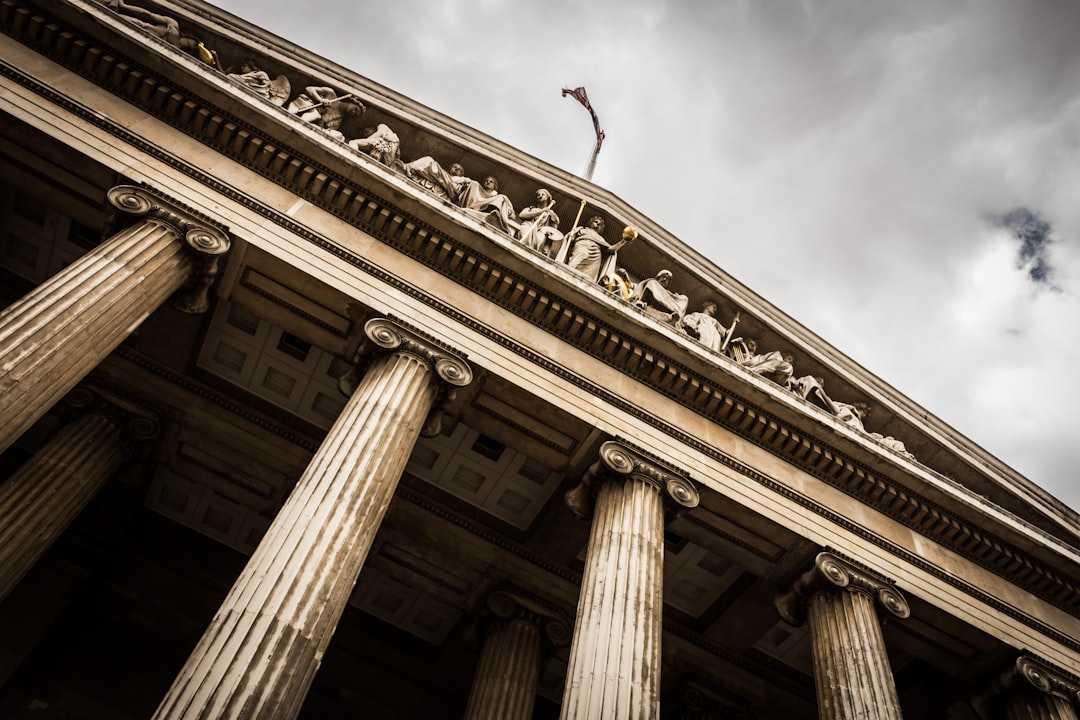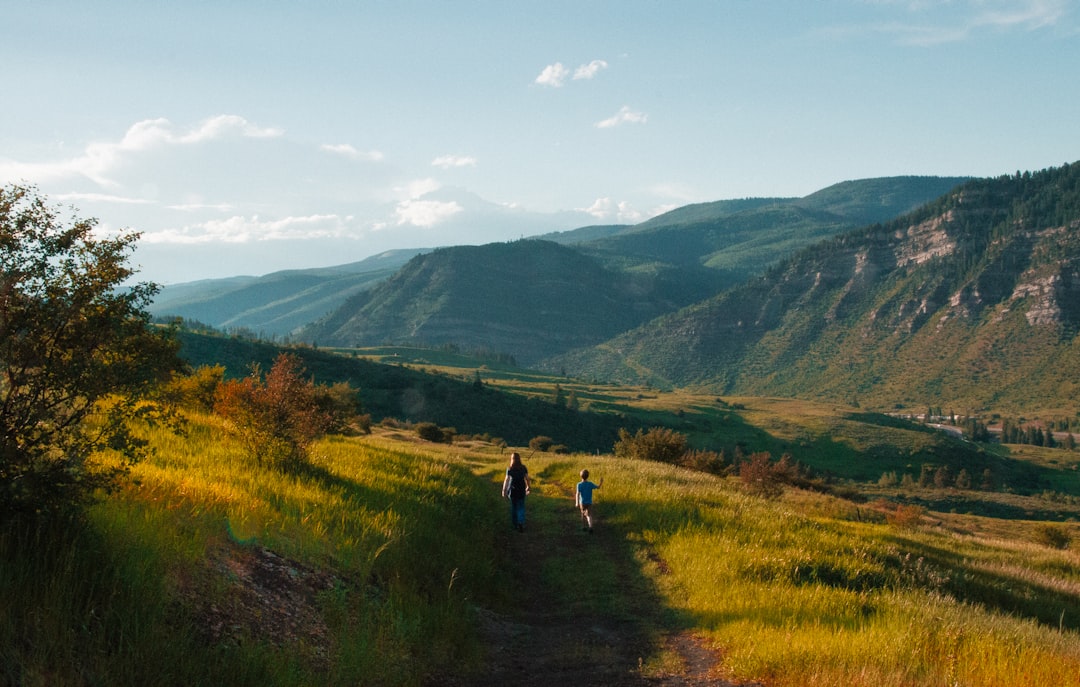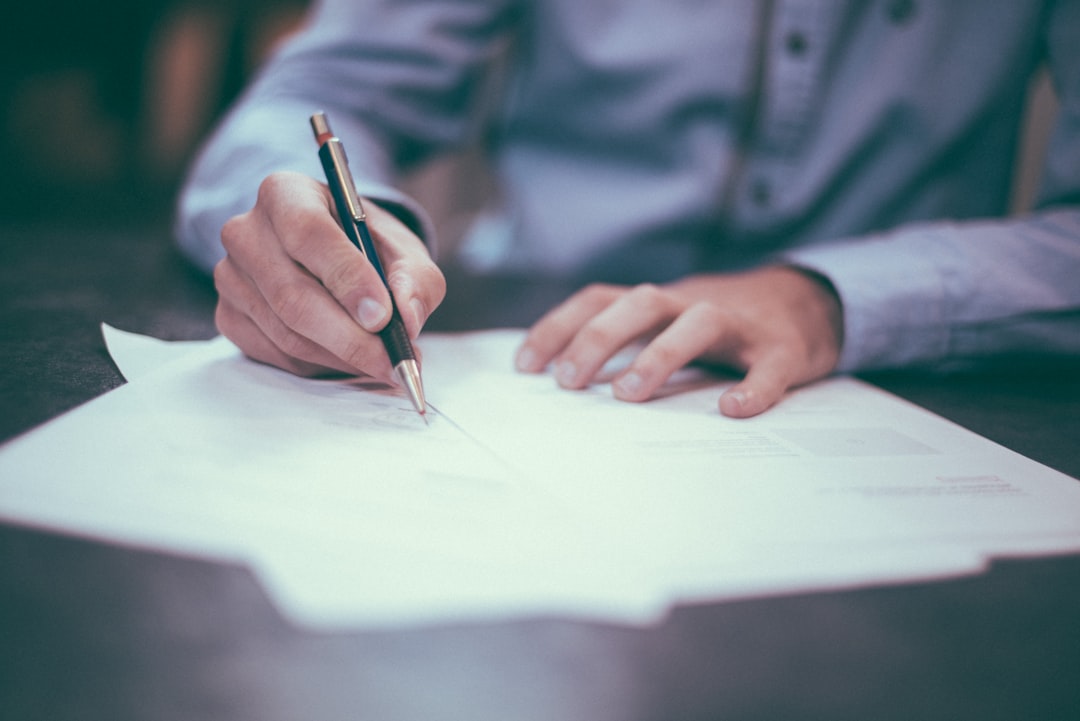“In Colorado, addressing school sexual abuse is a paramount concern, with understanding and legal support playing pivotal roles in healing. This article provides an indispensable guide for survivors and advocates navigating the complexities of this issue. We explore critical aspects, including recognizing red flags, the legal process with a school sexual abuse lawyer CO, available support services, and advocacy for safer schools through legislation. By shedding light on these key areas, we aim to empower survivors and promote awareness.”
Understanding School Sexual Abuse: Recognizing Red Flags and Legal Rights in Colorado
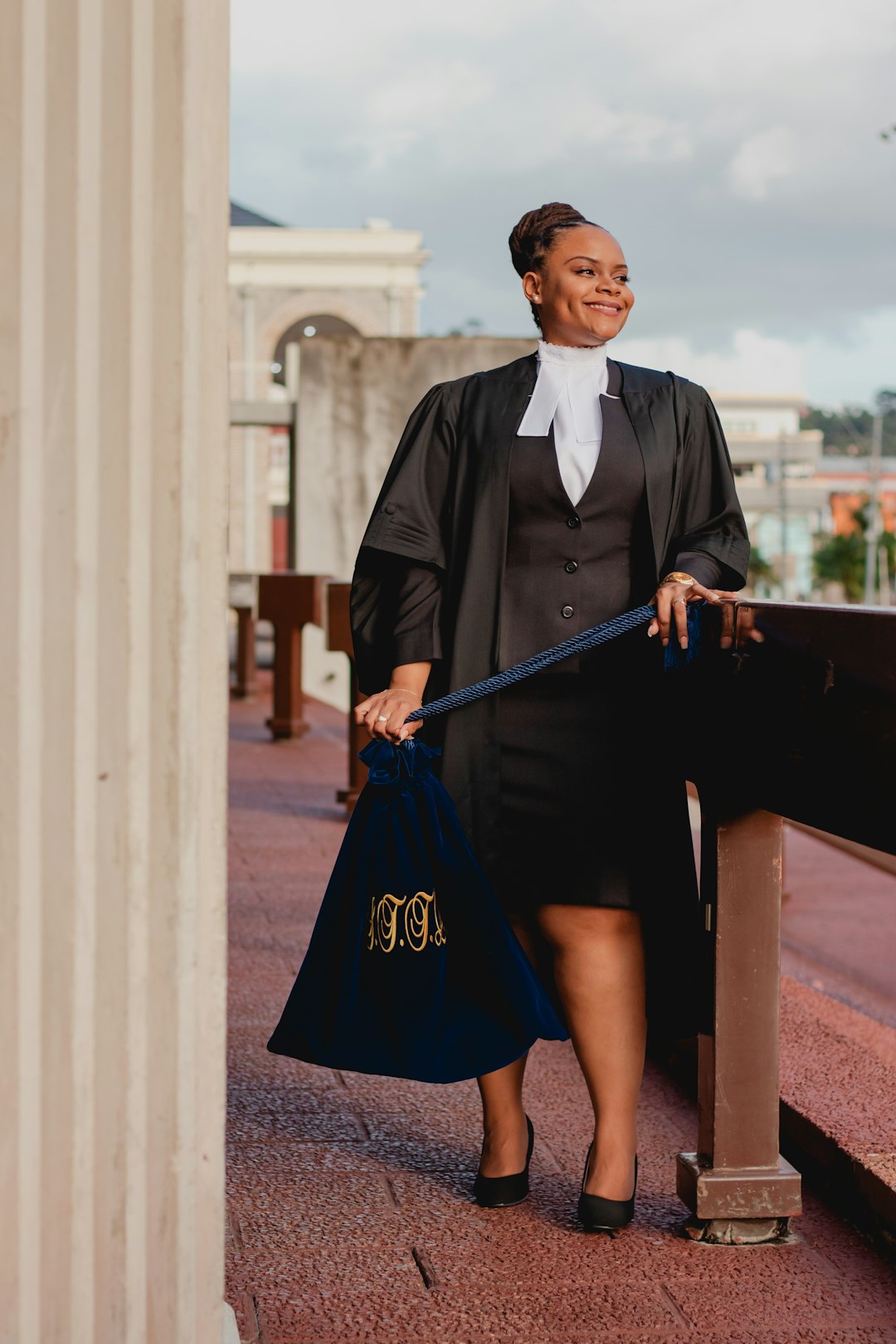
School sexual abuse is a pervasive and devastating issue that can have long-lasting effects on victims’ lives. Recognizing red flags and understanding one’s legal rights are crucial steps for survivors in Colorado. It often involves identifying behaviors or incidents that signal potential abuse, such as unexplained injuries, changes in behavior, or inappropriate interactions with staff or peers. A school sexual abuse lawyer in Colorado can help navigate these complex issues.
If a student experiences or witnesses any form of sexual misconduct or harassment within the educational setting, it’s essential to know that they have legal rights. In Colorado, there are strict policies and laws in place to protect students from such abuses. Victims may seek justice and healing through legal avenues, ensuring accountability and promoting a safer learning environment.
Navigating the Legal Process: What to Expect When Hiring a School Sexual Abuse Lawyer in CO

When it comes to navigating the legal process after experiencing school sexual abuse, having a dedicated and knowledgeable school sexual abuse lawyer in Colorado is invaluable. The first step involves gathering all relevant information, including medical records, police reports (if filed), and any evidence that supports the claim. It’s crucial to share this with your attorney as they will help construct a compelling case.
The legal process can be complex, and a school sexual abuse lawyer in Colorado will guide you through each step. They will assess the strength of your case, determine the most appropriate legal strategy, and represent you in negotiations or court proceedings. Their expertise ensures that your rights are protected, and they fight for justice and compensation on your behalf.
Support Services for Survivors: Local Resources and Organizations in Colorado
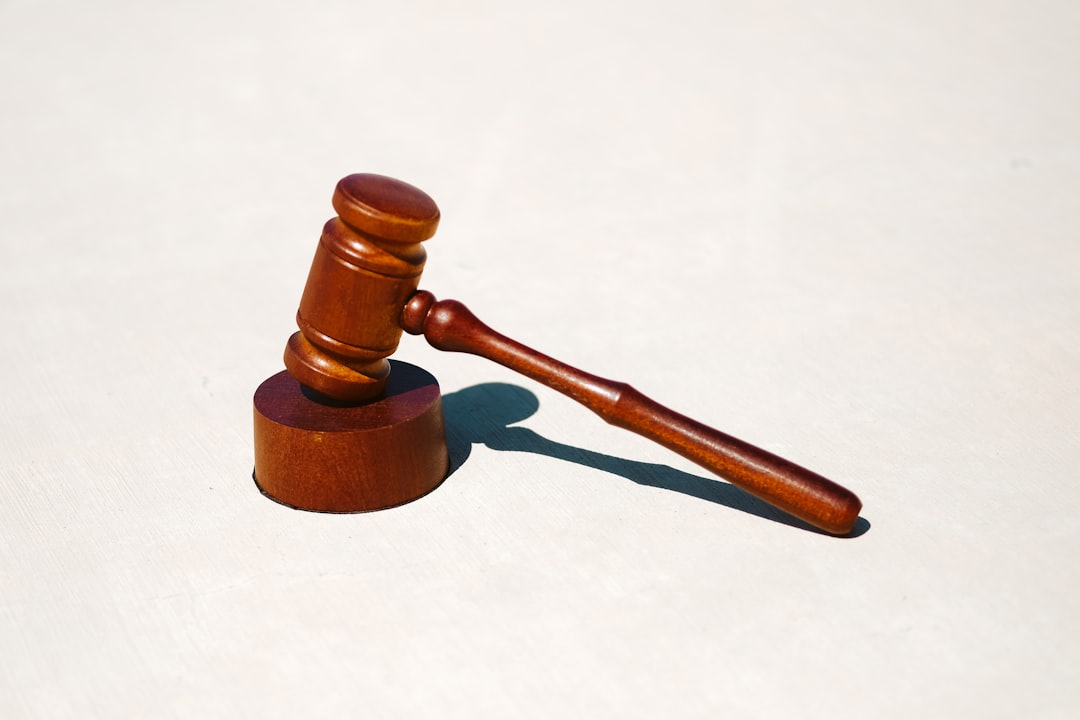
In Colorado, numerous support services and organizations are dedicated to assisting survivors of school sexual abuse. These resources offer a range of critical aid, from counseling and therapy to legal representation. For those seeking a school sexual abuse lawyer Colorado, there are specialized firms with experienced attorneys who advocate for victims’ rights and help them navigate the legal system. These lawyers not only provide guidance but also ensure that survivors receive the justice they deserve.
Local organizations like the Colorado Alliance to End Sexual Assault (CAESA) play a pivotal role in connecting survivors with necessary services, including medical care, legal aid, and emotional support groups. Additionally, many community centers and non-profit groups host workshops and awareness campaigns, fostering an environment where survivors can share their stories and find solidarity. This collective effort aims to create a supportive network for individuals who have experienced school sexual abuse, empowering them to heal and rebuild their lives.
Preventing Future Incidents: Advocacy and Legislation for Safer Schools in Colorado

Preventing Future Incidents plays a pivotal role in ensuring safer learning environments for students across Colorado. Advocacy groups and legal professionals dedicated to school sexual abuse cases are instrumental in driving change through legislation. These efforts aim to strengthen policies, improve reporting mechanisms, and mandate comprehensive training for staff and students alike. By leveraging the expertise of a school sexual abuse lawyer Colorado, advocates push for stricter regulations on background checks, immediate response protocols for incidents, and enhanced privacy protections for survivors.
Such initiatives not only hold perpetrators accountable but also equip schools with better tools to identify and address potential risks. The collective action of these advocates seeks to create a culture where every student feels secure and supported, fostering an atmosphere that discourages abuse and promotes healing. This proactive approach is essential in breaking cycles of trauma and ensuring future generations can learn without fear.

